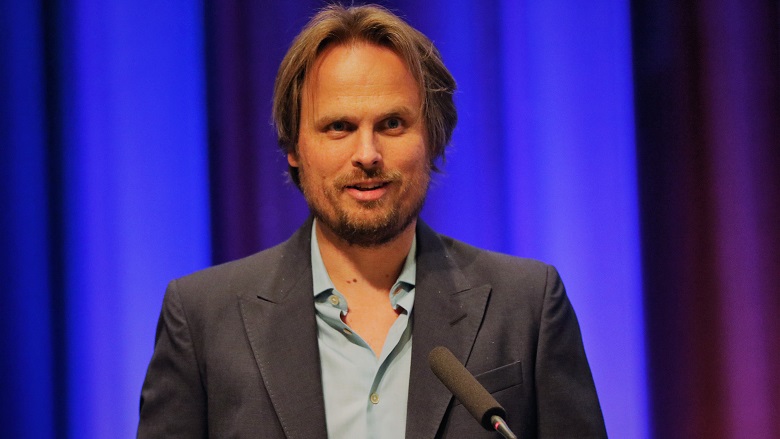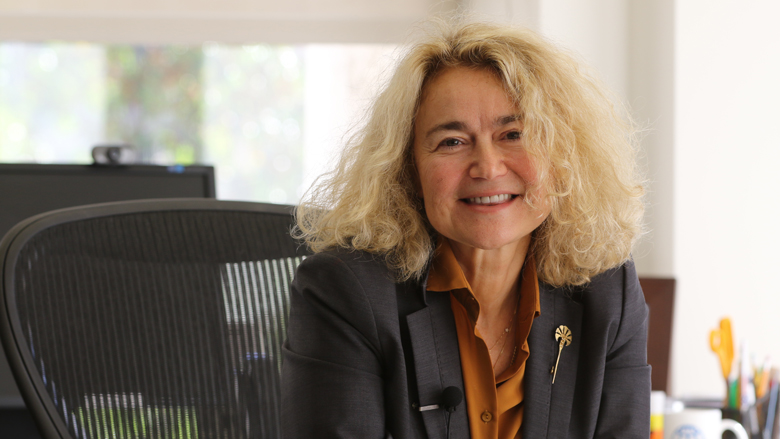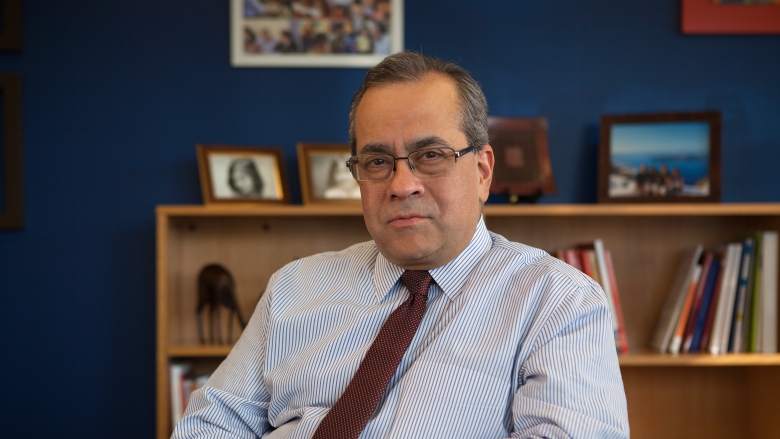If you are born into a low-income family, what are the chances that you will reach higher rungs on the socio-economic ladder? The ability to move up the ladder, both in one’s lifetime and relative to one’s parents, is not only a matter of fairness, but also has major implications for the reduction of poverty and inequality.
In this talk economist Roy van der Weide will present global trends and patterns in economic mobility from the new Global Database on Intergenerational Mobility (GDIM), which underpins the new report Fair Progress? Economic Mobility across Generations around the World, a joint product of the Research Group and the Poverty and Equity Global Practice. The GDIM has unprecedented coverage: This is the first time we have empirical evidence on mobility for almost 150 countries representative of 96 percent of the world’s population. Estimates of two distinct aspects of economic mobility are included: absolute (the share of individuals who succeed in securing a standard of living or educational attainment that exceeds those of their parents), and relative (the extent to which a person’s position in the economic scale is independent from his or her parents’ position).
The data suggest that mobility and development go hand in hand. Both absolute and relative mobility are lower in low- and middle-income countries than in high-income countries. 46 out of 50 countries with the lowest rate of mobility in education from the bottom to the top are in the developing world. Progress toward more economic mobility is slow. Improvements in mobility in the developing world have stalled since the 1960s. However, lack of mobility is not inevitable—greater mobility is associated with higher public spending, and especially with investments that lead to better inputs for schooling.


